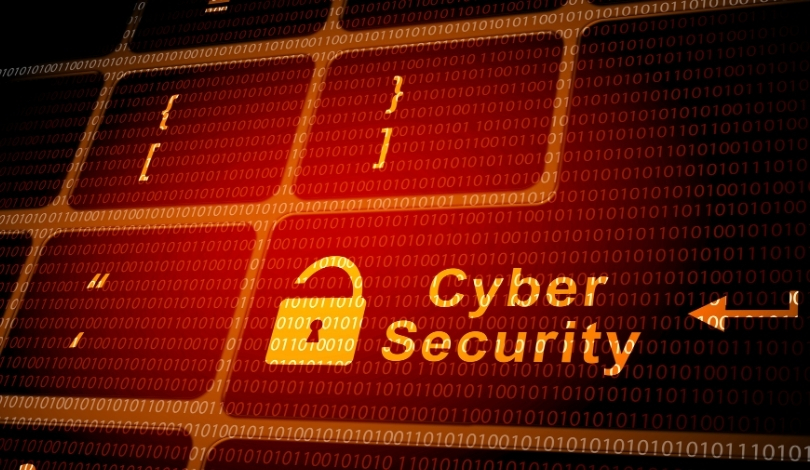The Supreme Court has ruled that the President of the United States enjoys absolute immunity from criminal prosecution for official acts, a decision that could have significant implications for legal actions against former President Donald Trump. In a 6-3 decision, the court’s conservative majority emphasized that the president must be able to execute official duties without fear of criminal liability, declaring that Trump’s efforts to influence the Department of Justice to subvert election results are covered by this immunity. This ruling means that actions Trump took to stay in power after losing the 2020 election, such as pressuring the Justice Department, are protected under presidential immunity. For more information, visit CyberScoop.
Official vs. Unofficial Acts
The court made a clear distinction between “official” and “unofficial” acts, stating that unofficial acts do not receive the same immunity. As a result, a lower court has been asked to determine whether Trump’s other alleged actions to retain his position, such as organizing fake slates of electors, fall within his official duties. This additional review indicates that the case brought by Special Counsel Jack Smith may not be resolved before the upcoming election.
Broader Implications
Experts are concerned that the ruling grants the executive branch extensive authority to classify numerous actions as “official acts,” potentially allowing many actions taken by Trump and his allies to evade prosecution. David Becker, from the Center for Election Innovation and Research, expressed that the immunity’s scope is alarmingly wide and could serve as a blueprint for future presidents seeking to cling to power.
Reactions and Opinions
The decision has elicited strong reactions from various quarters. Democrats argue that it endangers the election system’s integrity by potentially shielding sitting presidents from accountability. Conversely, Trump praised the decision on Truth Social, declaring it a victory for the Constitution and democracy. The dissenting opinion from Justice Sonia Sotomayor criticized the majority’s view, stating that the ruling dangerously narrows the scope of what can be considered unofficial conduct, potentially undermining the indictment against Trump.
In similar news, past discussions around presidential immunity often focused on whether a sitting president could be prosecuted for actions taken during their term. The recent Supreme Court decision extends this debate to cover actions taken to subvert democratic processes. Previous cases mostly concentrated on whether the president could be indicted for personal misconduct or policy decisions, but the current ruling expands the immunity to encompass efforts to interfere with elections.
Additionally, Trump’s earlier attempts to use executive powers to influence the Department of Justice and pressure other officials were scrutinized but did not receive judicial support at the time. This latest decision diverges from that stance, offering a broader interpretation of executive immunity and raising concerns among election watchdogs and legal experts about its potential consequences for democratic governance.
The ruling implies that conversations Trump had with executive branch members, including acting Attorney General Jeffrey Rosen, are protected. These discussions involved attempts to validate election fraud claims and solicit DOJ support for Trump’s legal battles. The court also underscored that Trump’s talks with then-Vice President Mike Pence about refusing to certify the electoral vote count fall under presumptive immunity.
Uncertainty remains over whether the ruling extends to other actions Trump took to undermine the election, such as collaborating with state officials to propose fraudulent electors. The Supreme Court has tasked a federal district court with resolving whether such actions are protected by presidential powers, leaving unresolved questions on the reach of this immunity.
The decision has sparked debate on how it might influence the accountability of future presidents. Legal experts argue that the broad immunity granted could potentially erode public confidence in electoral integrity if presidents can claim immunity for actions that jeopardize democratic processes. The ruling suggests a need for clearer guidelines on the boundaries of presidential immunity to prevent abuse of executive power in future elections.









